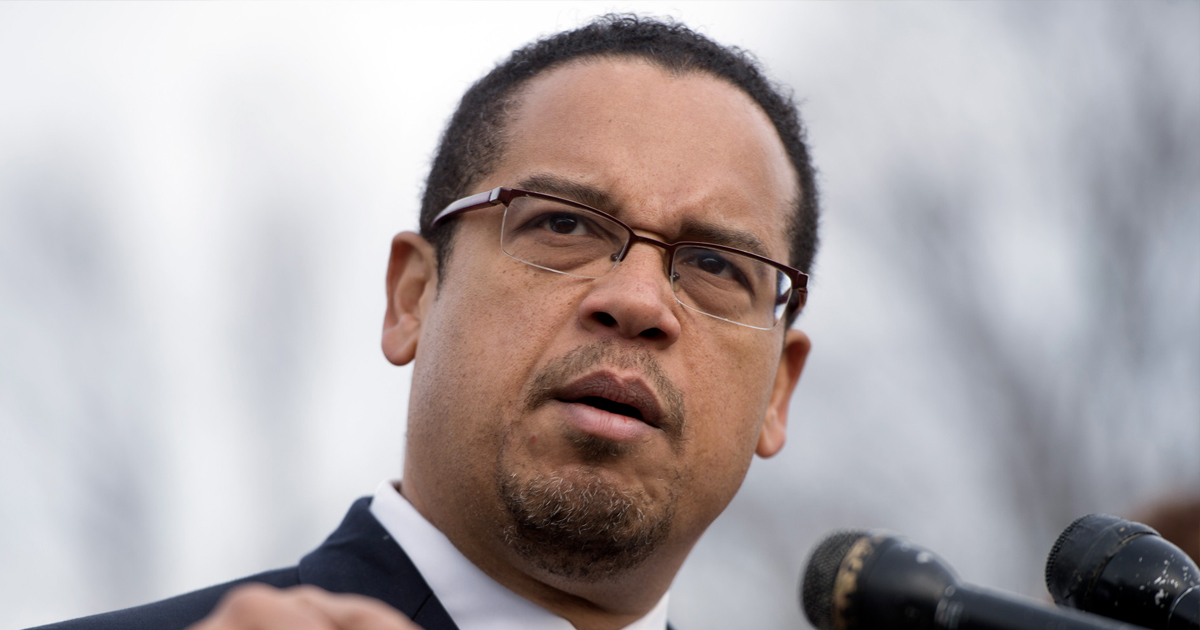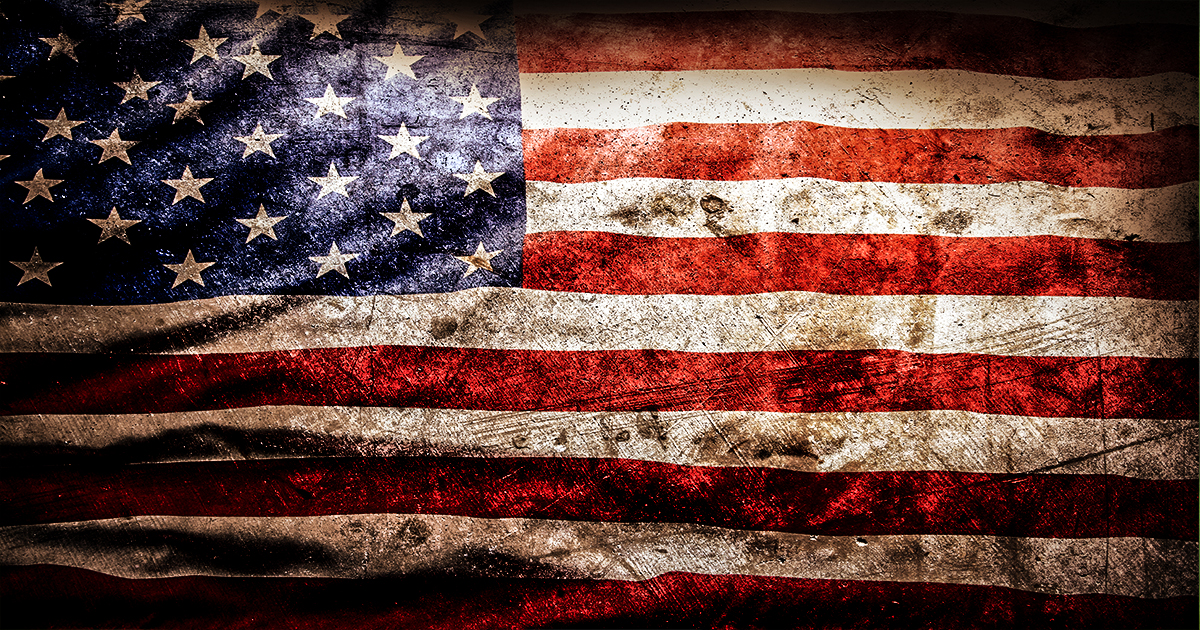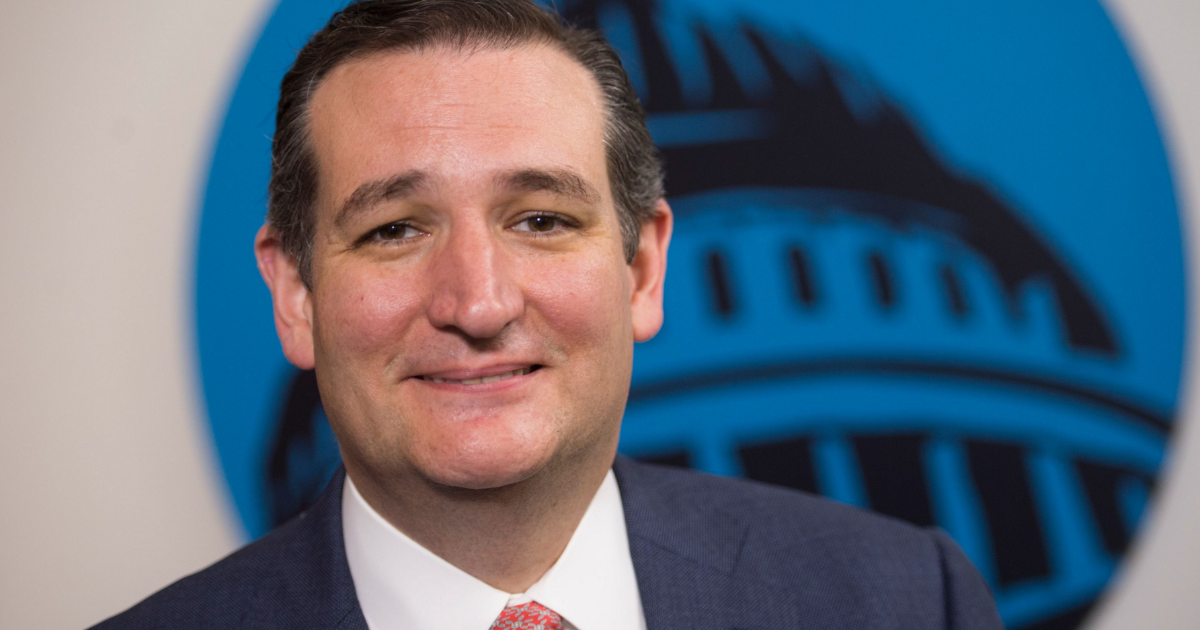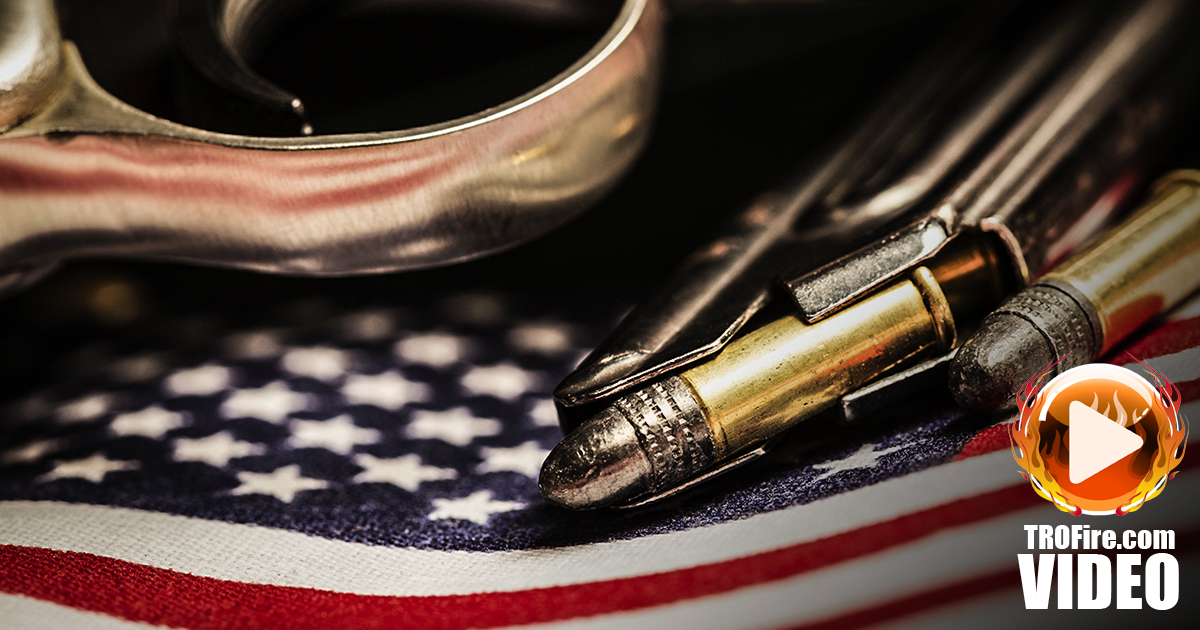During an event being held by Our Revolution on Wednesday evening, Minnesota Rep. Keith Ellison laid out his plan for the DNC if he is chosen to head the party’s formal fundraising and platform arm.
Ellison, who is being supported by many progressive Democrats, showed his progressive colors when he spoke about marijuana legalization and criminal justice reform.
“I don’t recommend folks smoke marijuana, but I’ll tell you this: It is crazy to throw people in jail for it. Why fill up the jails for something like that? I’m running for DNC chair because it is time to turn all this around.”
Though a seemingly surface issue, marijuana legalization and decriminalization is a major one in the fight for criminal justice reform. Millions of low-level drug offenders are forced to serve years in prison – ruining their lives and the lives of their families – for something as simple as possession of a mild drug.
Though President Obama commuted the sentences of nearly 1000 low-level drug offenders, there are still thousands more languishing in prisons across the nation.
The former chair of the DNC, Debbie Wasserman Schultz, was strongly against the legalization of marijuana, resorting to the disproven and outdated view that marijuana is a “gateway drug.”
Even Democratic nominee Hillary Clinton took a hands-off approach to the issue, saying that she supported the move of the drug from Schedule 1 to Schedule 2 so that medical research could be performed. Clinton also said that she supported state-by-state legalization, but never indicated an intent to legalize it at the national level.
With the party in free-fall, the idea of having a leader with a rational, modern view of marijuana is vital. Tom Angell, founder of the nonpartisan, nonprofit marijuana advocacy org. Marijuana Majority, had this to say about the important of someone like Ellison taking a rational stance on cannabis:
“Polling now clearly shows that a growing majority of voters support legalizing marijuana, and that’s particularly true of younger demographics that politicians increasingly see the importance of mobilizing on Election Day. The truth is, this enormously popular issue is still very much up for grabs by whatever political parties or candidates want to fully get out in front of it.”
Simply put, Ellison is reflecting one of the most basic desires of those who either still or once aligned with the Democratic party. In an increasingly isolated party, it is time that leaders like Ellison step up and reclaim the party for the people it once represented.




